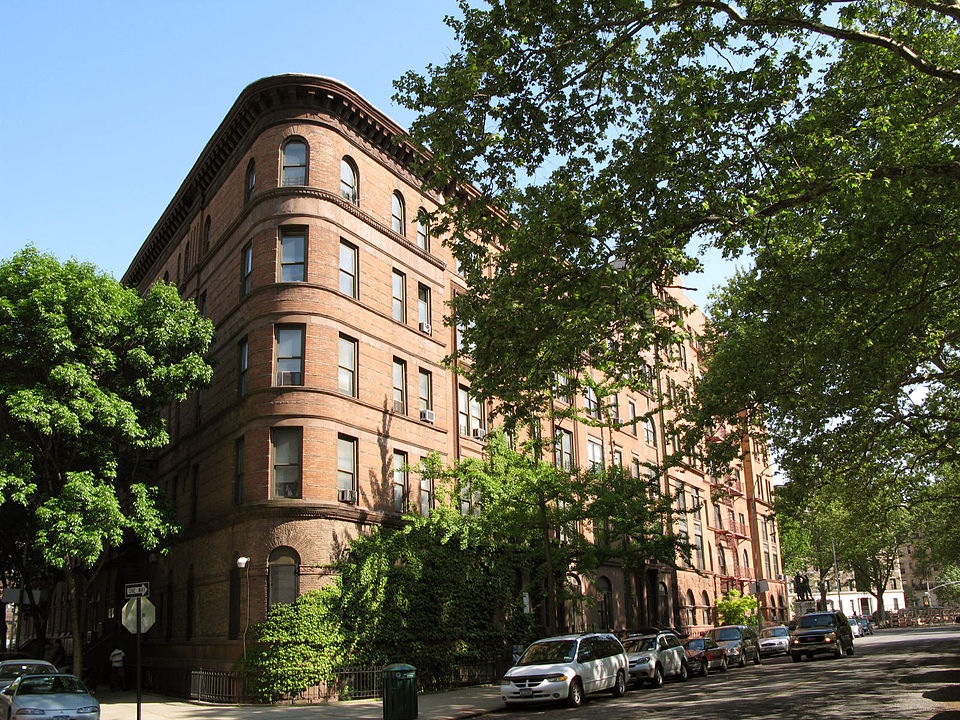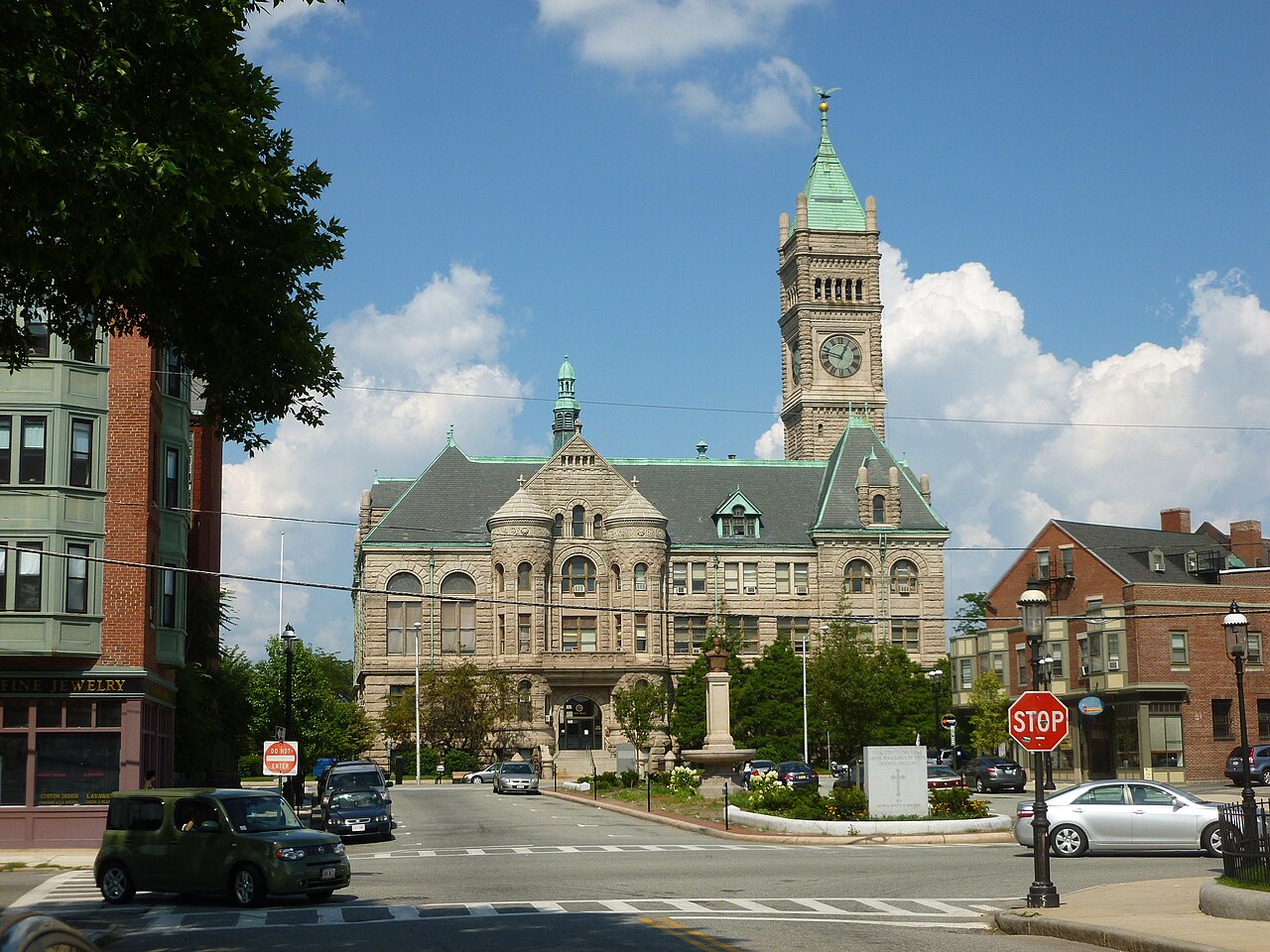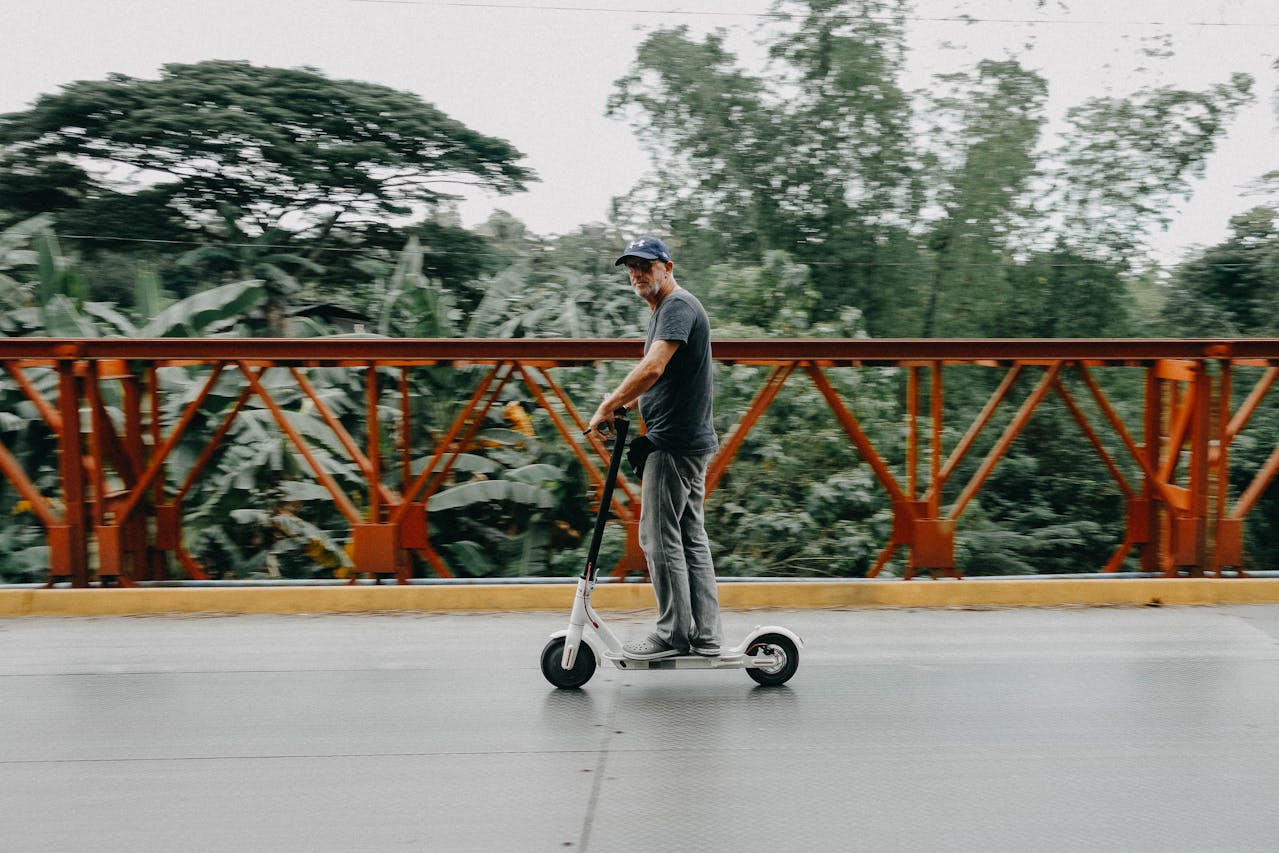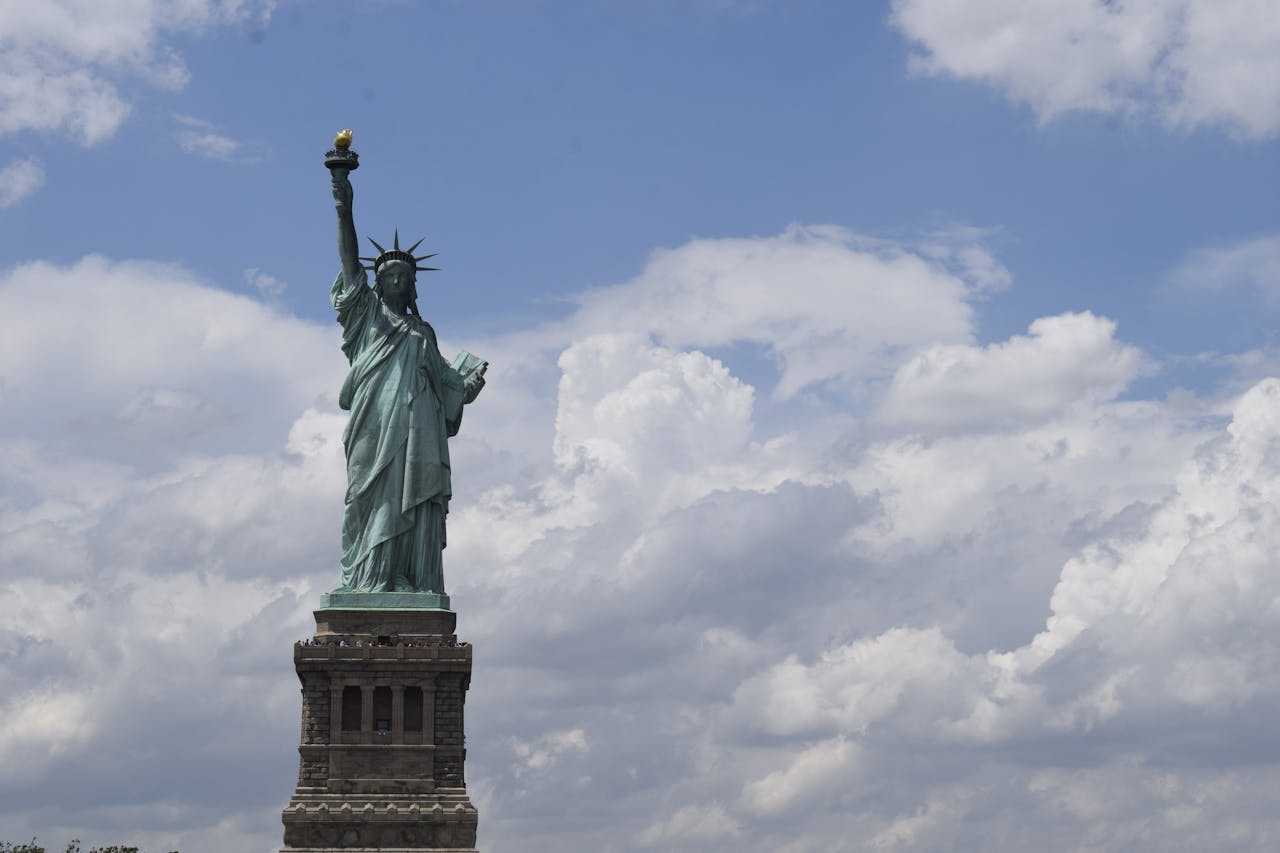Modern life moves fast while many rulebooks keep yesterday’s pace. Policymakers try to guard safety, heritage, and the environment, yet habits and tools have shifted. Phones replaced flyers. Scooters replaced short car trips. Even names and celebrations changed. What follows spotlights where laws still echo older assumptions, why those rules exist, and how pragmatic updates could respect local values without tripping up daily life, small businesses, or the creators who document it.
Chico, California The Anti Nuke Storage Rule

Chico still lists a prohibition on storing nuclear weapons within city limits. The ordinance came from Cold War activism and reads like a civic pledge, not a realistic enforcement tool. As modern risks lean toward cybersecurity and drone misuse, this rule signals identity more than safety. The core value is peace, which remains admirable. A modern rewrite could fold the spirit into practical emergency planning, while retiring language that no longer maps to real threats or responsibilities.
Alabama Plastic Confetti Off Limits

Several Alabama jurisdictions treat plastic confetti as litter, targeting microplastics that clog drains and reach rivers. The aim is environmental sanity, yet party culture now uses paper or biodegradable mixes, and enforcement varies by venue and cleanup rules. Clear statewide guidance would help: list acceptable materials, define cleanup obligations, and set fair penalties tied to volume and intent. That keeps streets cleaner, protects waterways, and lets celebrations continue without guesswork or uneven crackdowns.
New York Balloon Release Limits

New York restricts intentional balloon releases above specific counts to protect wildlife and coastal waters. The science is sound, but thresholds, exceptions, and local interpretations confuse planners and small towns that rely on festivals. A refresh could pair education with a permit tier for low risk displays, promote viable substitutes like flags or bubbles, and calibrate fines to scale. Marine life wins, communities keep pageantry, and compliance becomes simple enough to follow and teach.
Japan One Surname For Married Couples

Japanese law still expects a shared legal surname after marriage, and most couples adopt the husband’s name. The rule reflects historical norms, not modern identity or cross border paperwork. Banking apps, travel records, and academic publications make name continuity matter. Courts and lawmakers have debated change for years. Allowing separate legal surnames would acknowledge contemporary life while preserving the option for families who prefer one name, reducing friction without discarding cultural continuity.
Massachusetts No Happy Hour Drink Deals

Massachusetts bans time limited drink discounts, a legacy of drunk driving reforms. Safety remains non negotiable, but hospitality now includes mocktails, prepaid tastings, and precise pour controls. Bars thread needles with food bundles and event pricing that feel technical, not intuitive. A data led update could keep strict impaired driving protections, standardize ad rules, and permit narrow, responsible promos. The result is clearer compliance, healthier margins for small operators, and unchanged road safety goals.
Germany Quiet Sundays, Shuttered Shops

German Sunday trading limits protect rest, labor rights, and neighborhood calm. E commerce and tourism reshaped weekends, creating a maze of exemptions that varies by city and district. Residents value quiet, yet visitors and retailers need predictability. Targeted adjustments could authorize limited hours in cultural zones, align delivery windows with noise rules, and publish unified signage. That keeps Sundays restorative, supports downtown vitality, and reduces the confusion that sours otherwise thoughtful urban policy.
Singapore Chewing Gum Still Complicated

Gum controls helped clean up transit floors and sidewalks. Today, cleaning tech, strict litter fines, and better packaging reduce the original mess. Medical and dental gums are allowed, but the rule still reads as a product ban rather than a behavior standard. A modern shift could focus on littering with sharp penalties, widen lawful access to low residue gums, and keep swift enforcement where mess happens. Clean streets stay intact, and regulation matches the actual problem.
U.S. Cities E Scooters In Legal Limbo

Micromobility arrived before most codes. Sidewalks, bike lanes, and curb space became a tug of war among riders, pedestrians, and delivery vans. Rules on helmets, parking corrals, and speed caps change between neighborhoods, then change again by operator. Cities could adopt a common template: protected lanes on key corridors, slow zones in crowded districts, app enforced parking, and data sharing for audits. When the standards feel predictable, safety improves, and short trips shift away from cars.
Italy’s Heritage Zones Drones Grounded By Default

Consumer drones turned aerial storytelling into a hobby, but heritage protections keep strict no fly layers over historic centers. Travelers face altitude caps, permits, and maps that differ by city and season. Preservation and safety are non negotiable, yet clarity is thin. A national portal with live map overlays, quick approvals for low risk flights, and clear signs at entry points would help creators avoid mistakes while keeping fragile skylines and crowds protected.


